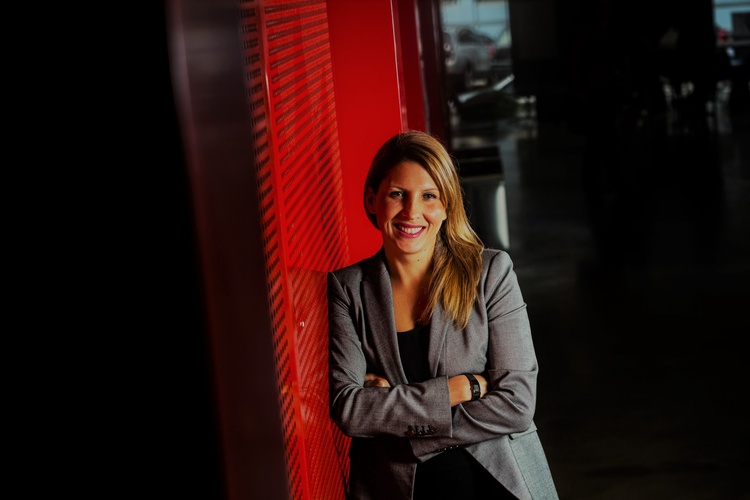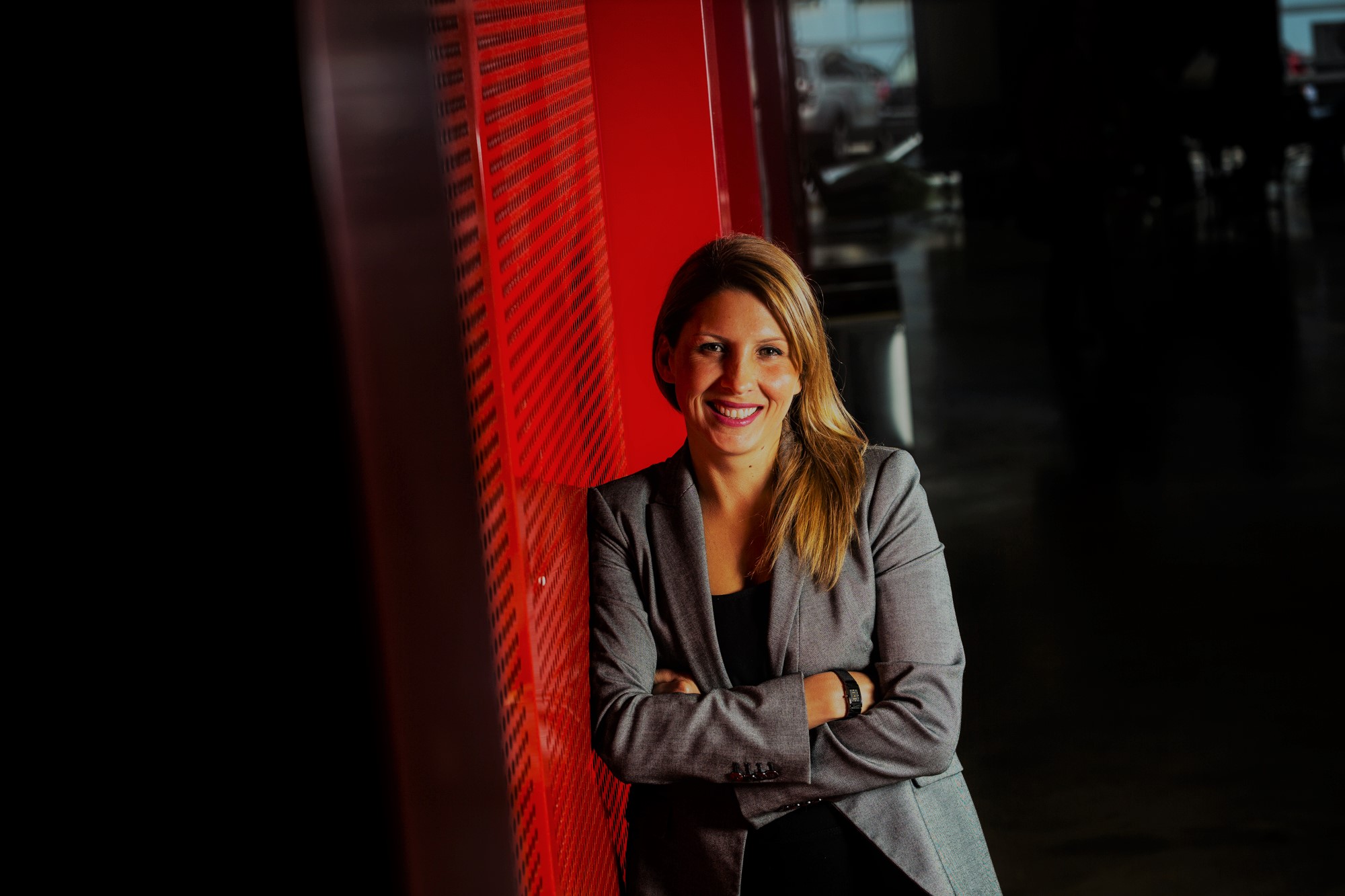What long-term effects will the COVID-19 pandemic have on children? What will be the consequences of months of remote learning and a lack of physical contact?
Research conducted by The University of Melbourne shows at least 46 per cent of children have suffered an educational or social loss as a consequence of the lack of face-to-face learning over the past two years.
Dr Daniela Acquaro, Senior Lecturer and Director of Initial Teacher Education in the Melbourne Graduate School of Education, said the greatest challenge is understanding how to measure this loss, whether it is in relation to learning or personal and social wellbeing.
“Schools will have to understand the best tools for evaluation, taking into account factors such as the context in which the school operates,” she said.
“Vulnerable and disadvantaged children are among those who suffered the most during the pandemic.
“The federal government has allocated funds for support programs: Victoria has received $250 million for 200,000 students, New South Wales has received $337 million for primary and secondary schools, and a program is also being launched in South Australia, albeit smaller than the others.”
It is crucial to determine the impact suffered by students up until now, while also understanding how to prepare for the coming school year.
“We can’t just return to school life as it was before COVID-19; students will have some gaps to fill,” Dr Acquaro said.
“Universities are already thinking about how to intervene to address those shortcomings with specific courses, and primary and secondary schools will have to equip themselves to act in a similar way.
“Strategies will have to be developed to understand where students are at, perhaps by making comparisons with past data.”
Measures should focus not only on learning outcomes, but also the wellbeing of the students, keeping in mind the emotional and social challenges they have faced.
“From this point of view, it’s not only the students who’ve faced a difficult situation; teachers and principals have also suffered from stress, insomnia and depressive symptoms,” Dr Acquaro said.
“It was very difficult for them to adapt to this new version of schooling and maintain their enthusiasm.”
Moving forward, schools should acknowledge the advantages of remote learning, above all the increased involvement of parents and the subsequent connections formed.
“The continuous collaboration between parents and teachers to understand the needs of the individual child is an element that we should try not to lose, as well collaborations between schools,” Dr Acquaro said.
Some schools have in fact joined forces to share resources or create support networks between colleagues who would otherwise have remained isolated during the long months of the pandemic.
As for language studies, the small opportunities for conversation and exposure that occur in class have been lost, potentially making learning less personal.
“The hope is that schools use this moment to re-establish priorities for the next school year and for those to come, understanding how to capitalise on the experience, what to keep and what to forget,” Dr Acquaro concluded.
“The holidays will be a crucial time for teachers, students and parents to reflect and recharge.”











